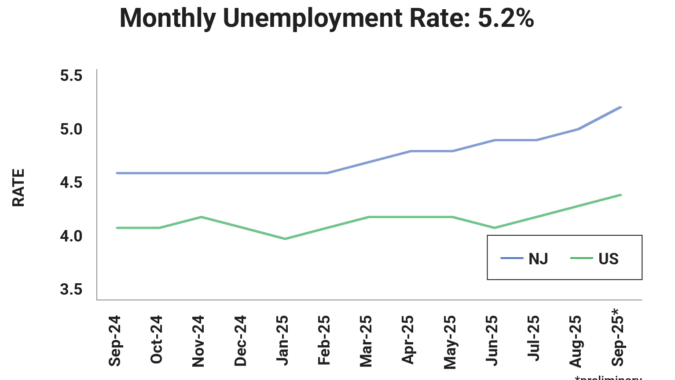Businesses do have the legal right to require their employees to be vaccinated against COVID-19, but should they? And what do businesses need to know about a vaccine policy without running afoul of anti-discrimination laws?
These were some of the many COVID-related questions that attorney Michael Shadiack, the chair of Connell Foley’s Labor and Employment Practice, covered during a presentation to business owners and HR staff at a recent NJBIA Human Resource Council meeting.
"The question that every employer has been asking is, ‘Can I as an employer mandate the vaccine?’ and the answer to that question is, actually, yes,” Shadiack told the group during the online meeting. The U.S. Equal Employment Opportunity Commission (EEOC), which is the federal agency that enforces civil rights laws against workplace discrimination, specifically addressed this issue with guidance it issued last December, he said.
“However, I think as we all know on this call, nothing is ever simple and straightforward,” Shadiack cautioned. “There are a lot off considerations that go into that question of can we mandate and should we mandate (vaccines),” Shadiack said.
If an employee objects to being vaccinated, his or her reason must be a legitimate one, such as a documented medical or disability issue, or a sincerely held religious belief, Shadiack said. However, many of the other reasons that employers are likely to hear, are not.
“An employee may say, ‘I’m afraid of needles, I don’t want to get the vaccine.’ Someone may say, ‘Well this was approved under an emergency authorization from the FDA so I’m not really sure about the science behind it and I don’t really want to put it in my body.’ Others may say, ‘Hey, I really don’t want to stand in line...’”
“Are any of those reasons legitimate reasons to object? No, they are not,” Shadiack said.
However, if an employee can document that they have a medical condition or sincere religious belief that prevents them from being vaccinated, employers must then enter an “interactive process” with that employee to determine if that unvaccinated worker can be “reasonably accommodated” without creating undue hardship for the business.
A reasonable accommodation might be allowing the employee to telecommute or allowing the employee to return to the workplace if they wear two masks or are separated from other employees. But what if a workplace situation prevents an employer from doing this?
“The law says that if that person presents a direct threat to your other workers, you, can exclude that person from the workplace,” Shadiack said, and some instances that could mean terminating the employee.
Shadiack’s presentation also covered best practices for COVID-19 health screenings, quarantine policies for employees who have traveled outside New Jersey, managing employee leaves of absence, telecommuting policies, wage and hour rules impacting employees working remotely and more.
To view the entire of recording, “Managing New COVID-19 Workplace Considerations,” from the March 18 NJBIA Human Resource Council meeting, go here.


